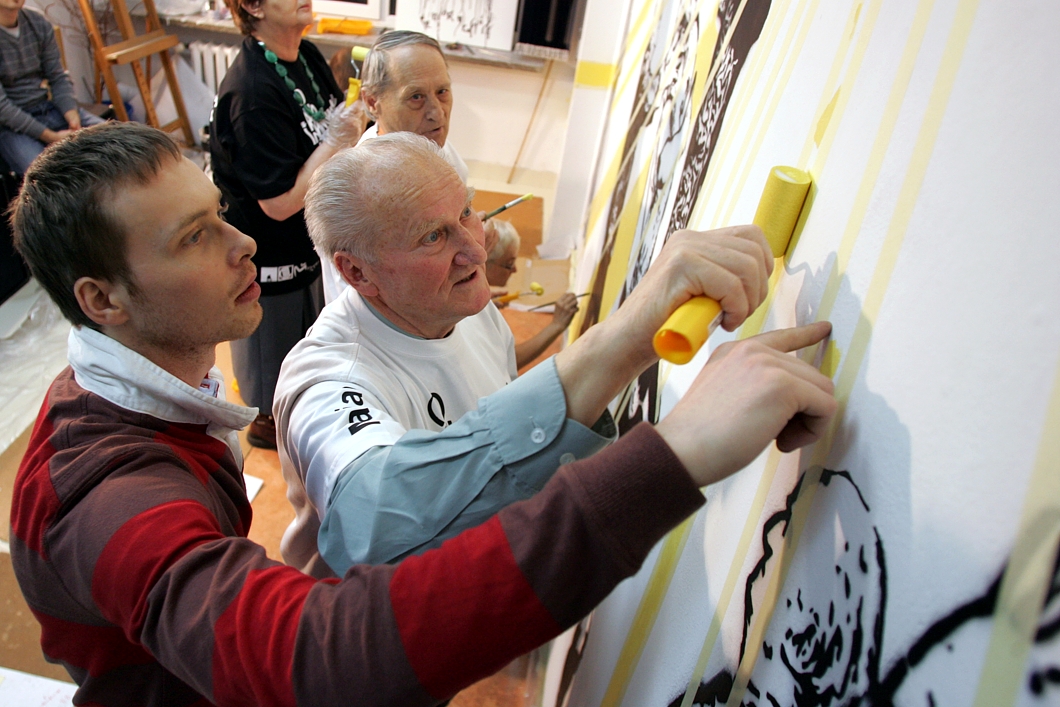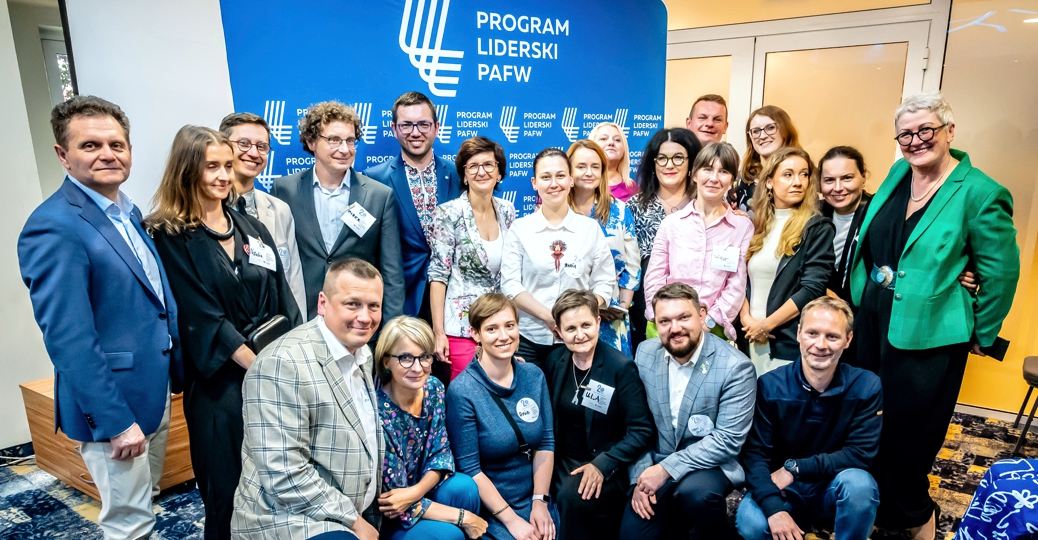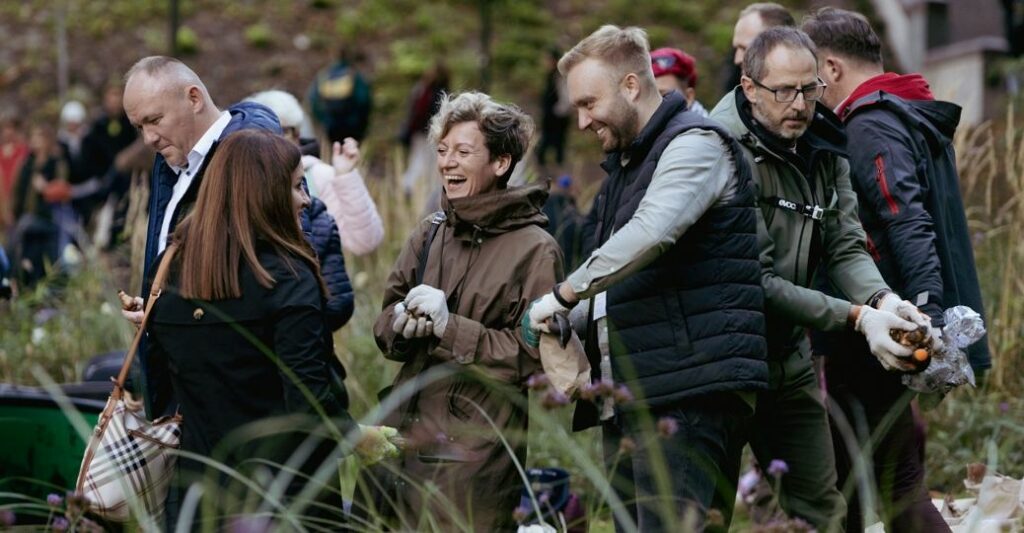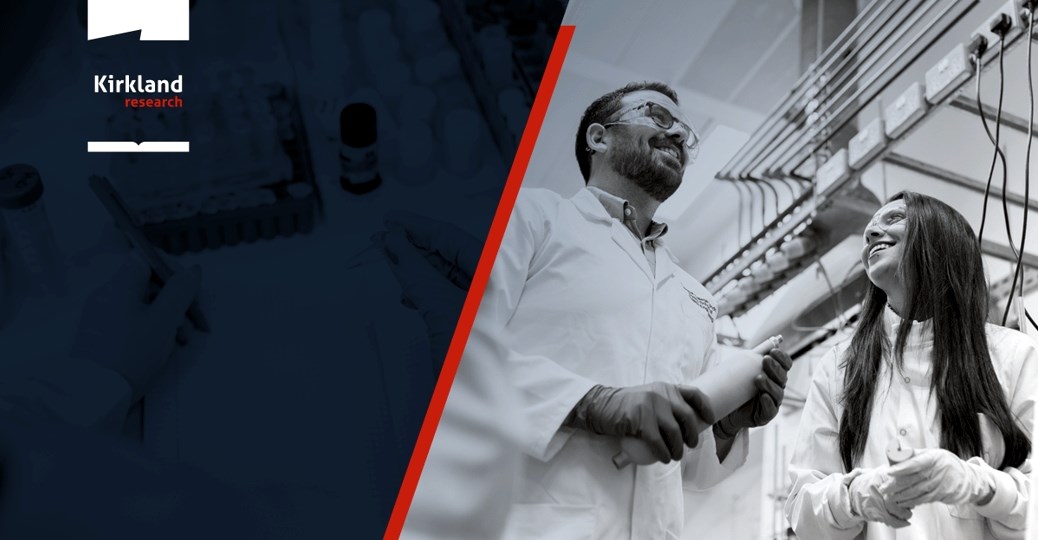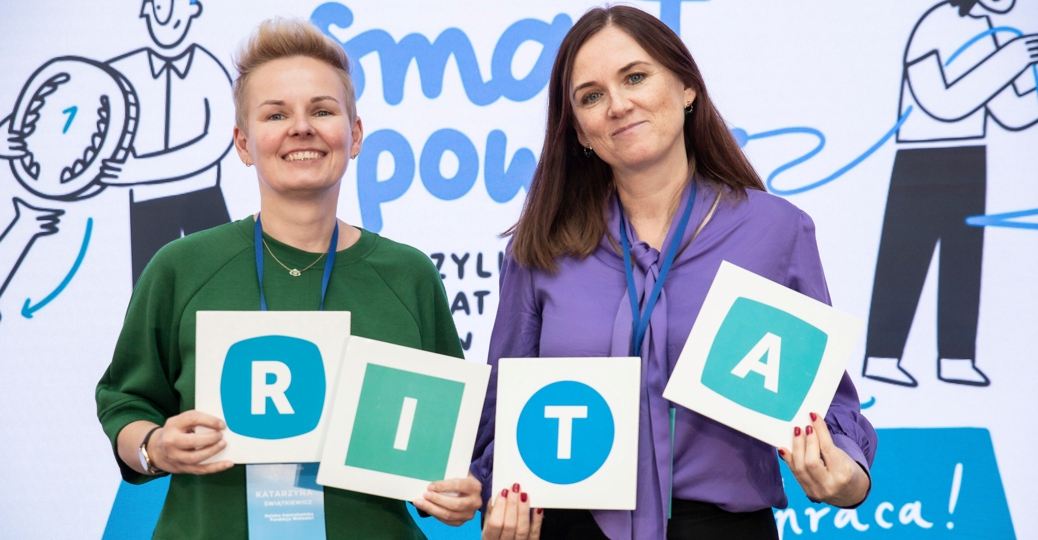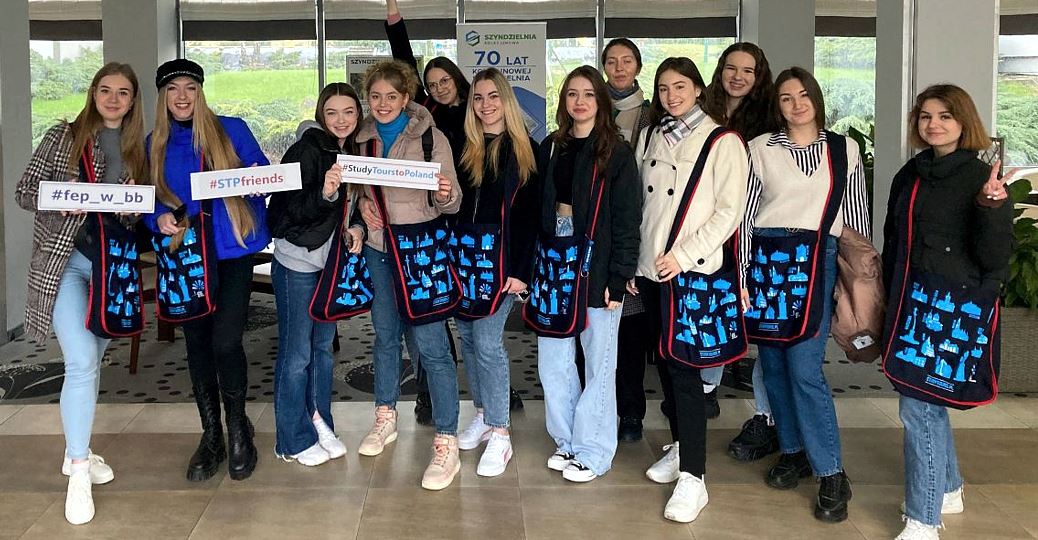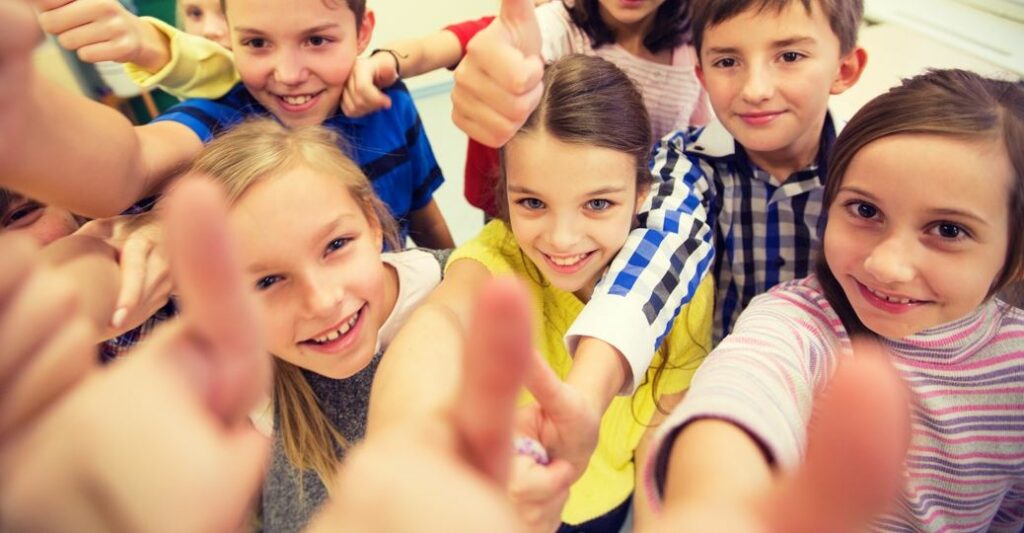This is the newest undertaking of PAFF and is aimed at enhancing children’s and youth’s mental resilience. The objective of the program is to develop teachers’ and other educators’ competence to deal with young people who are depressed, have low motivation, experience loneliness and lack of self-esteem. The program is implemented in cooperation with the School with Class Foundation.
Between 2024-2025, the program has been implemented in cooperation with the School with Class Foundation (offer for schools) and the Education for Democracy Foundation (grant component for NGOs, libraries, and cultural centers).
“Fostering Resilience in Children and Youth” is based on experience gained in the implementation of other PAFF programs, in particular “The Relief Fund for NGOs and Civic Initiatives” conducted from 2020 to 2023 as the response to the COVID-19 pandemic. The effects of that undertaking have shown that the pandemic had a heavy impact on children’s and young people’s well-being which resulted in a sense of insecurity, depressed moods, low motivation, and difficulties in establishing relationships as well as getting involved in social activities.
The poor mental condition of Polish teenagers was confirmed by the results of the latest PISA study. Polish young people ranked far below the average in OECD countries as regards persistence, curiosity, readiness to cooperate, empathy, assertiveness, resistance to stress, and emotional control. UNICEF notes that 630,000 children in Poland need ongoing specialist support. Teachers, educators, parents and experts who participate in PAFF programs call not only for interventions but, primarily, for securing effective prevention in the form of educational programs that will enhance social skills, mental toughness, and the well-being of the youngest.
This new PAFF program offers a comprehensive approach to building children’s and youth’s mental resilience. Activities are addressed to teachers and implemented at schools as well as to people involved in the non-formal education. Thanks to the program, people working with children and young people learn ways of building relationships within their peer groups, enhancing their self-esteem, self-assessment, or digital hygiene. They also learn how to recognize symptoms of mood disorders in the youngest children and react in crisis situations.
The offer for schools consists of supporting teachers in developing students’ social and emotional competence through building empowerment. The participants have access to workshops, webinars and ongoing experts’ assistance. That component of the program is based on the experience gained over many years in the School with Class Initiative implementation.
An important component of the program is building the synergy of school and extra-school activities through establishing a network of cooperating schools, libraries and NGOs. It is also the objective of social campaigns aimed at building mental toughness of the youngest that will be carried out in local communities.
In 2024–2025, over 90 educators from extracurricular institutions took part in the program, 65 of whom implemented grant projects with a total value of PLN 1 million. The program also covered 1,250 teachers from nearly 500 schools.
The program is under the patronage of the Minister of National Education.
PAFF has disbursed $524,836, including $463,216 for the current edition.









